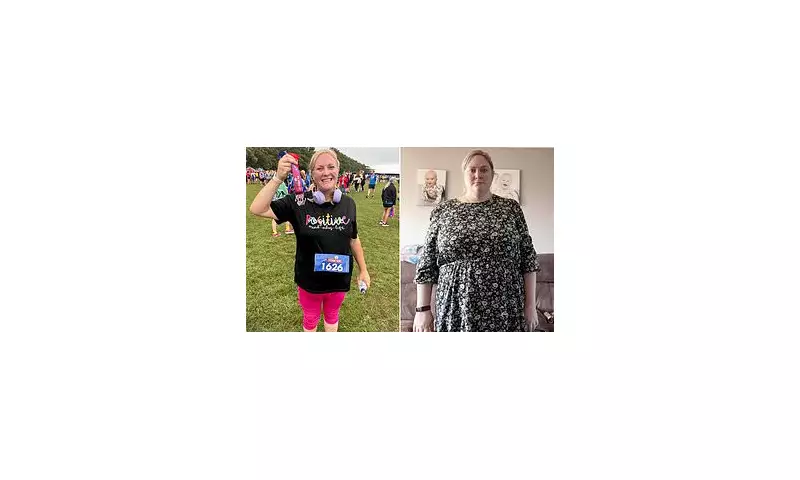
A mother who underwent a dramatic eight-stone weight loss transformation using injectable drugs has ignited a national conversation, controversially claiming the National Health Service should not foot the bill for such treatments.
Sharing her incredible journey, the woman detailed how she finally conquered her lifelong weight struggle using medications known as GLP-1 receptor agonists, like Wegovy and Ozempic. These 'fat jabs' work by mimicking a hormone that targets areas of the brain responsible for regulating appetite, leading to significantly reduced hunger and food intake.
A Personal Journey, Not A Public Burden
Despite her own success, her stance is clear and divisive. She firmly believes that while these jabs are a powerful tool, their use for weight loss constitutes a "lifestyle choice" rather than a fundamental medical right. She argues that the NHS's limited resources must be prioritised for life-saving treatments and critical care, not for what she describes as elective interventions for weight management.
Her perspective is shaped by personal investment; she funded her own treatment, a financial commitment she believes reinforces the concept of personal responsibility in one's health journey.
The Core of The Controversy
This opinion places her directly at the heart of a heated UK health debate. The NHS has begun cautiously prescribing semaglutide-based drugs for weight management under specific, strict criteria, recognising obesity as a serious chronic disease that leads to immense long-term costs from related conditions like diabetes, heart disease, and cancer.
Proponents of NHS funding argue that tackling obesity proactively is a legitimate and cost-effective medical intervention that will save the service money in the long run. They view obesity as a complex biological and genetic issue, not simply a failure of willpower.
This mother's story challenges that notion, emphasising agency and choice. Her testimony raises critical questions about the line between essential healthcare and personal desire, and who ultimately should be responsible for paying for it.





